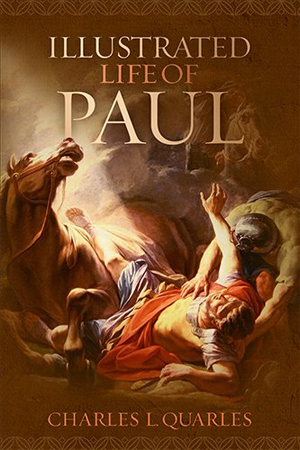Jesus’ vehemence about the sacredness of the Law and the Prophets seems to contradict his other teaching and actions, particularly in his flagrant disregard for Sabbath rules and his teachings on ritual purity. Does that mean he was lying, or worse, simply placating his Pharisaical opponents with some kind of politically correct statement in Matthew 5:17-20? Most scholars would say no—and they’d point to the distinctions Christ makes between Scripture and tradition as the reason why.
In Jewish understanding, “The Law” consisted of the first five books of the Old Testament (Genesis, Exodus, Leviticus, Numbers, and Deuteronomy). “The Prophets” encompassed the rest of the Old Testament, all of which was assumed to have been written by God’s prophets. Jesus clearly viewed all of these texts as divinely inspired and eternal—and he said just that. What he didn’t endorse was every human tradition and interpretation of the Law and the Prophets that had arisen among the Jewish people over the centuries. Those human traditions often elevated outward expressions over inward character, and thus they frequently negated the loving spirit of the law while obeying the harsh letter of the law.
Jesus’ teaching here, and life as a whole, helped his listeners to better understand and prioritize the true nature of God’s desires for humanity in practical, daily life. He alone became our living example of One who obeyed both the spirit and the letter of the Law. As one theologian explains, “He made the ritual commandments subordinate to moral duties, opposed the development of purity laws, and went further than the Pharisees in relaxing the Sabbath laws to meet human needs.”
In other words, as he said himself, Jesus came to fulfill the Law and the Prophets—not to abolish them.
[ESB, 1828; IB7, 291]
ΩΩΩ
Copyright © 2014 to present by Nappaland Communications Inc. All Rights Reserved.

